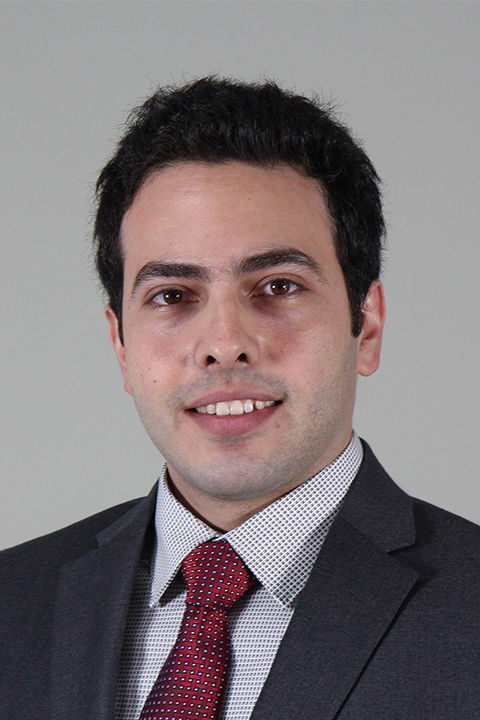Biography
Ashkan Negahban earned his Ph.D. and M.E. from Auburn University and a B.S. from University of Tehran (all in Industrial and Systems Engineering). His research involves stochastic simulation, statistical data analysis, and optimization techniques that aim to advance the science of decision-making in a wide range of applications. Dr. Negahban also conducts research related to novel learning environments in STEM education enabled by immersive simulations. His research has been supported by the National Science Foundation, Google, Microsoft, and several research institutes.
Dr. Negahban’s teaching primarily involves simulation and mathematical modeling courses. His video labs and simulation-based learning modules have received world-wide publicity and are used by faculty at various leading institutions.
Awards
VISTA Millennial Superstar Award, Chester County, Pennsylvania (2020)
Early Career Award for Research and Scholarship, Penn State Great Valley (2018)
ACM Special Interest Group on Simulation and Modeling (SIGSIM) Award (2014)
Outstanding Doctoral Fellow Award, Auburn University (2014)
Research Interests
- Discrete-event simulation
- Agent-based simulation
- Simulation-based optimization
- Statistical data analysis
- Immersive simulation-based learning in STEM education
Publications
Selected Publications
Ashkan Negahban. “A framework for comparing stochastic simulation models against multidimensional data using the Wasserstein distance.” Journal of Simulation, 2025. https://doi.org/10.1080/17477778.2025.2486664
Ashkan Negahban. “A Wasserstein distance-based double-bootstrap method for comparing spatial simulation output.” SIMULATION, 2025. https://doi.org/10.1177/00375497251337721
Ashkan Negahban. “Simulation in engineering education: The transition from physical experimentation to digital immersive simulated environments.” SIMULATION, 2024. https://doi.org/10.1177/00375497241229757
Ashkan Negahban and Philippe Giabbanelli. “Hybrid agent-based simulation of adoption behavior and social interactions: Alternatives, opportunities, and pitfalls.” IEEE Transactions on Computational Social Systems, 2021. https://doi.org/10.1109/TCSS.2021.3101794
Ashkan Negahban. “Estimating the true arrival, balking, and reneging processes from censored transactional data: a simulation-based approach.” SIMULATION, 2021. https://doi.org/10.1177/00375497211061115
Anchal Gupta, Youakim Badr, Ashkan Negahban, and Robin Qiu. “Energy-efficient heating control for smart buildings with deep reinforcement learning.” Journal of Building Engineering, 2021. https://doi.org/10.1016/j.jobe.2020.101739
Avinash Pallikere, Robin Qiu, Parhum Delgoshaei, and Ashkan Negahban. “Incorporating occupancy data in scheduling building equipment: A simulation optimization framework.” Energy and Buildings, 2020. https://doi.org/10.1016/j.enbuild.2019.109655.
Raghvinder Sangwan, Ashkan Negahban, Robert L. Nord, and Ipek Ozkaya. “Optimization of software release planning considering architectural dependencies, cost, and value.” IEEE Transactions on Software Engineering, 2020. https://doi.org/10.1109/tse.2020.3020013.
Ashkan Negahban. “Simulation-based estimation of the real demand in bike-sharing systems in the presence of censoring.” European Journal of Operational Research, 2019. https://doi.org/10.1016/j.ejor.2019.02.013
Ashkan Negahban and Jeffrey S. Smith. “Optimal production-sales policies and entry time for successive generations of new products.” International Journal of Production Economics, 2018. https://doi.org/10.1016/j.ijpe.2018.03.005
Education
B.S., Industrial and Systems Engineering, University of Tehran
M.E., Industrial and Systems Engineering, Auburn University
Ph.D., Industrial and Systems Engineering, Auburn University
